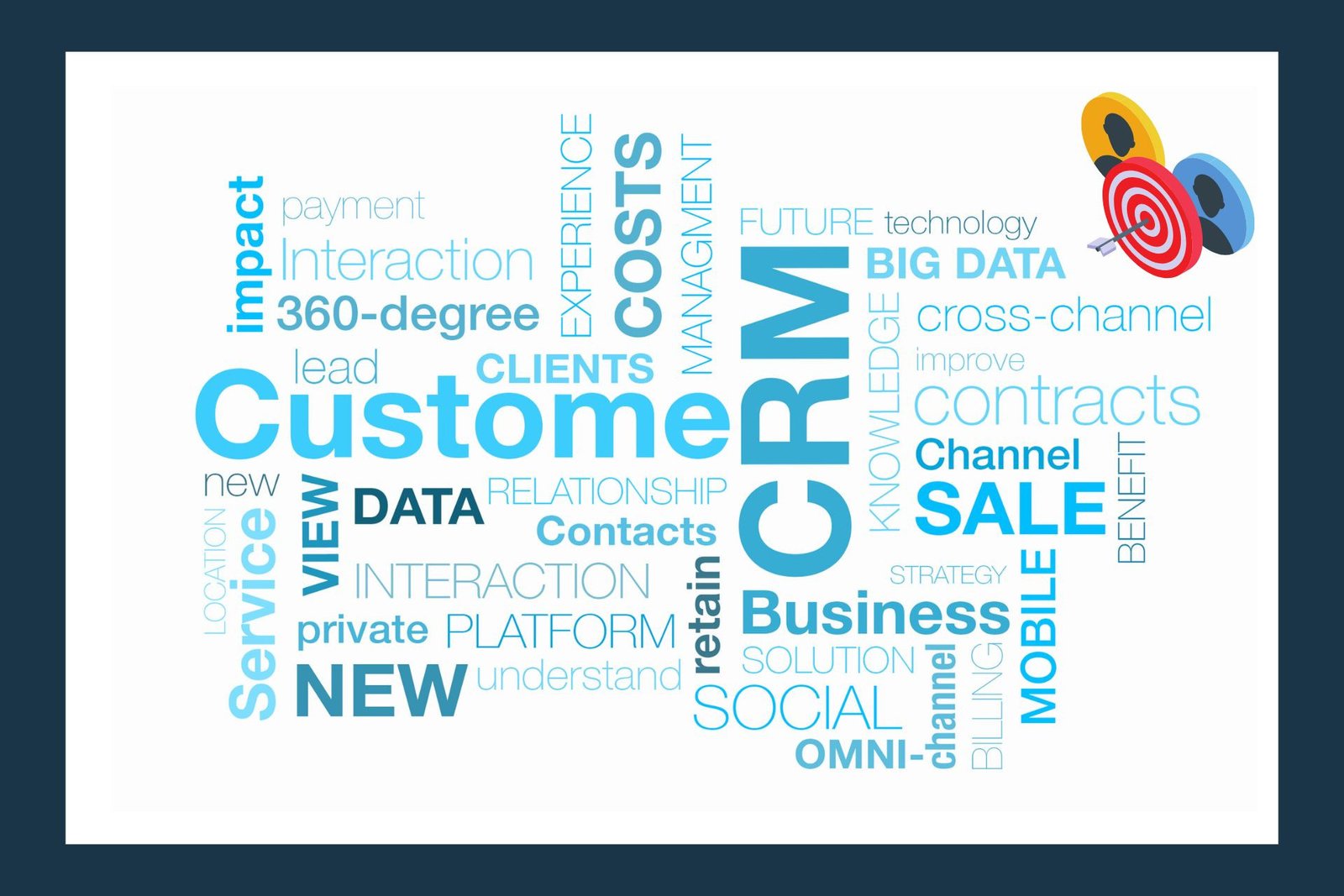"Learn about CRM systems and how they can revolutionize customer service and business operations. This blog discusses the advantages of CRM software and provides insights on how to choose the right system to enhance customer engagement and business performance."
Blog Content:
Introduction Customer Relationship Management (CRM) systems have become an integral part of modern business strategies. These software solutions help companies manage customer interactions, track leads, and maintain relationships, ultimately driving business growth and enhancing customer satisfaction. This blog will explain what CRM systems are, their benefits, and how they can be implemented to improve business outcomes.
1. What is a CRM System? A CRM system is a technology platform designed to manage a company’s relationships and interactions with customers, clients, and sales prospects. It provides a centralized repository of customer data that helps businesses track customer history, preferences, and behaviors, which can be used to tailor marketing efforts, improve customer service, and increase sales.
2. Benefits of CRM Systems
Improved Customer Service: CRM systems streamline communication between businesses and customers, making it easier to respond to inquiries, track customer issues, and maintain high levels of customer satisfaction.
Data-Driven Decision Making: With a CRM system, businesses can collect and analyze customer data to identify trends, measure performance, and make informed decisions that drive growth.
Sales and Marketing Alignment: CRM systems help align sales and marketing efforts by providing insights into customer needs and preferences, allowing teams to target campaigns more effectively.
Enhanced Productivity: By automating routine tasks and processes, CRM systems free up time for sales teams to focus on building relationships and closing deals.
3. Choosing the Right CRM System Selecting the right CRM system depends on your business’s unique needs. Factors to consider include budget, scalability, integration capabilities with other tools, and the specific features required (e.g., automation, reporting, analytics). Popular CRM solutions include Salesforce, HubSpot, Zoho CRM, and Microsoft Dynamics 365.
4. Implementing a CRM System Implementing a CRM system requires careful planning and training. It’s important to involve all stakeholders, from sales and marketing to customer service, to ensure the system meets the organization’s needs. Proper data migration, customization, and testing are essential steps to successfully integrate a CRM system into business processes.
Conclusion CRM systems play a crucial role in modern business operations by enhancing customer interactions, improving efficiency, and driving revenue growth. By investing in a CRM system, businesses can build stronger relationships with customers, make data-driven decisions, and stay competitive in today’s market.





